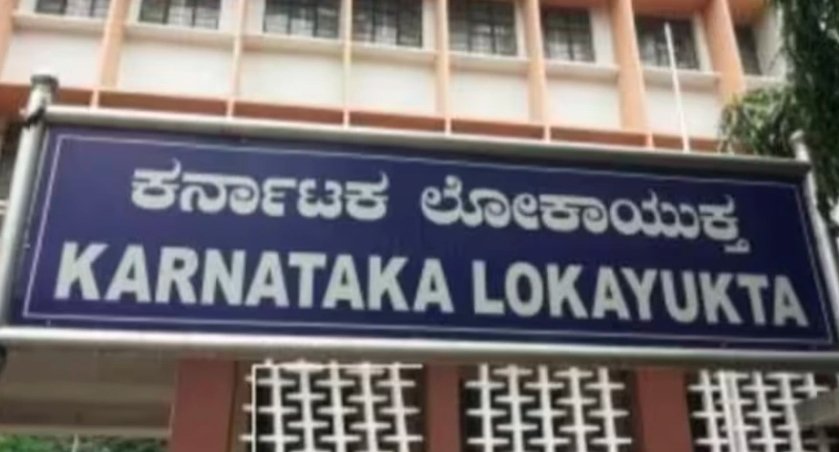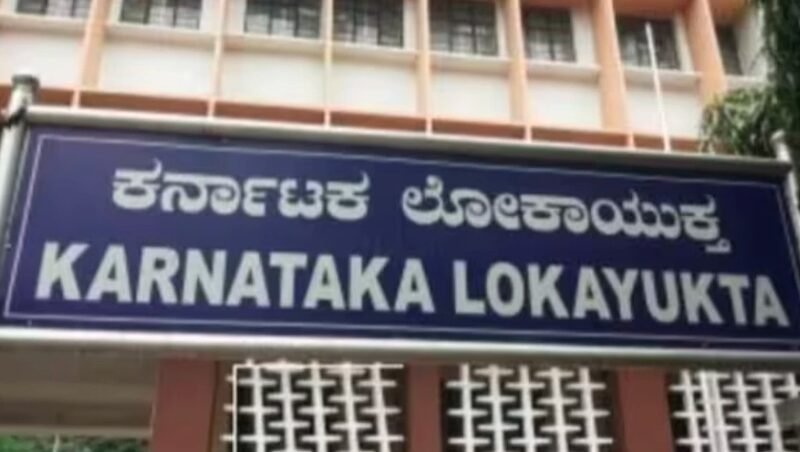In a significant crackdown on corruption and illegal activities, Lokayukta sleuths raided 62 excise offices across Karnataka, uncovering large quantities of cannabis. The raids, conducted on September 25, were part of a broader investigation into the misuse of power and resources within the excise department. The discovery of cannabis in these offices has raised serious concerns about the extent of corruption and the involvement of government officials in illegal drug activities. Authorities are now intensifying their efforts to root out corruption and ensure accountability within the department.
The Scope of the Raids
The raids were meticulously planned and executed, targeting multiple locations simultaneously. Lokayukta officials, acting on credible intelligence, conducted searches in excise offices across various districts. The operation aimed to uncover evidence of corruption and illegal activities, focusing on the misuse of power by excise officials. The discovery of cannabis in these offices was a shocking revelation, highlighting the depth of corruption within the department.
During the raids, officials seized significant quantities of cannabis, along with documents and other evidence pointing to illegal activities. The involvement of excise officials in drug-related activities has raised alarm bells, prompting calls for stringent action. The Lokayukta’s swift and decisive action underscores the seriousness of the issue and the need for comprehensive reforms within the excise department.

The raids have also brought to light the challenges faced by law enforcement agencies in tackling corruption and illegal activities. The Lokayukta’s efforts are part of a broader strategy to enhance transparency and accountability within government departments. The success of this operation is a testament to the dedication and vigilance of the Lokayukta officials involved.
Implications for the Excise Department
The discovery of cannabis in excise offices has significant implications for the department and its officials. The involvement of government employees in illegal drug activities undermines public trust and raises questions about the integrity of the department. The Lokayukta’s findings have prompted calls for a thorough investigation and stringent action against those involved.
The raids have exposed the vulnerabilities within the excise department, highlighting the need for robust internal controls and oversight mechanisms. Ensuring accountability and transparency is crucial to restoring public confidence and preventing future instances of corruption. The Lokayukta’s actions serve as a wake-up call for the department to implement comprehensive reforms and enhance its governance practices.
The impact of the raids extends beyond the excise department, with broader implications for the government’s efforts to combat corruption. The findings underscore the importance of a coordinated approach involving multiple agencies to address corruption and illegal activities effectively. The Lokayukta’s role in this operation highlights the need for strong and independent oversight bodies to ensure accountability within government departments.
The Road Ahead: Reforms and Accountability
In the wake of the raids, there is a growing consensus on the need for comprehensive reforms within the excise department. Strengthening internal controls, enhancing transparency, and ensuring accountability are critical to preventing future instances of corruption. The Lokayukta’s findings provide a roadmap for the department to implement these reforms and restore public trust.
The government has pledged to take stringent action against those involved in illegal activities, with a focus on holding officials accountable. The Lokayukta’s operation serves as a reminder of the importance of vigilance and proactive measures in combating corruption. Ensuring that government departments operate with integrity and transparency is essential to maintaining public confidence and upholding the rule of law.
Moving forward, the excise department must prioritize reforms and work closely with oversight bodies to address the issues highlighted by the Lokayukta’s findings. Implementing robust governance practices and fostering a culture of accountability will be crucial to preventing future instances of corruption. The success of these efforts will depend on the commitment and cooperation of all stakeholders involved.




